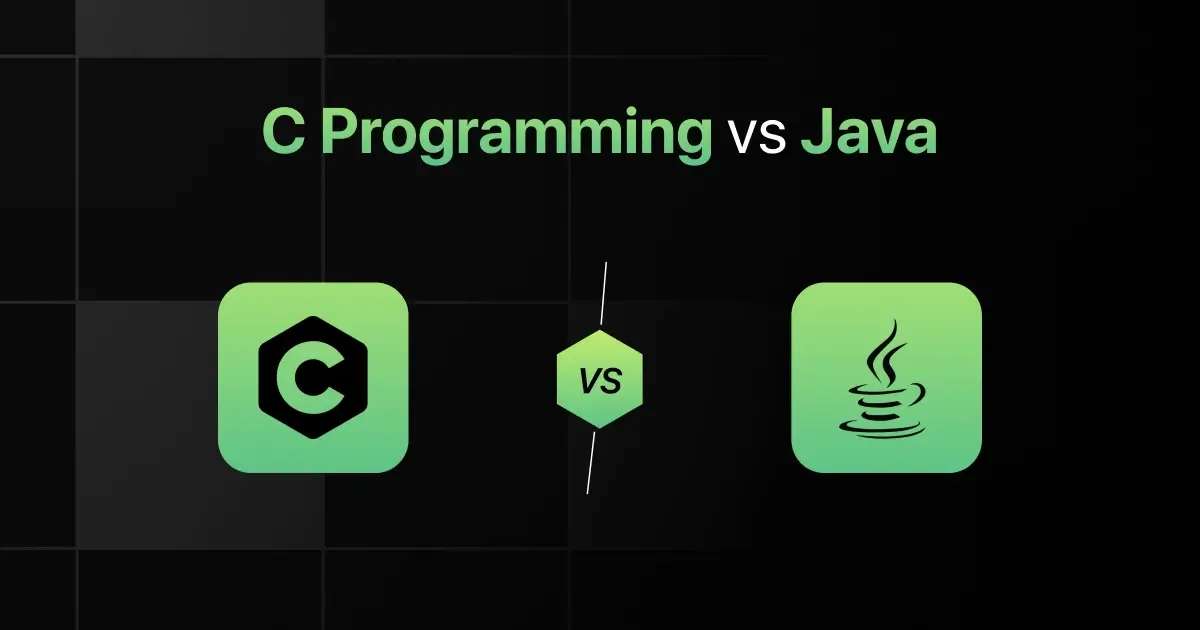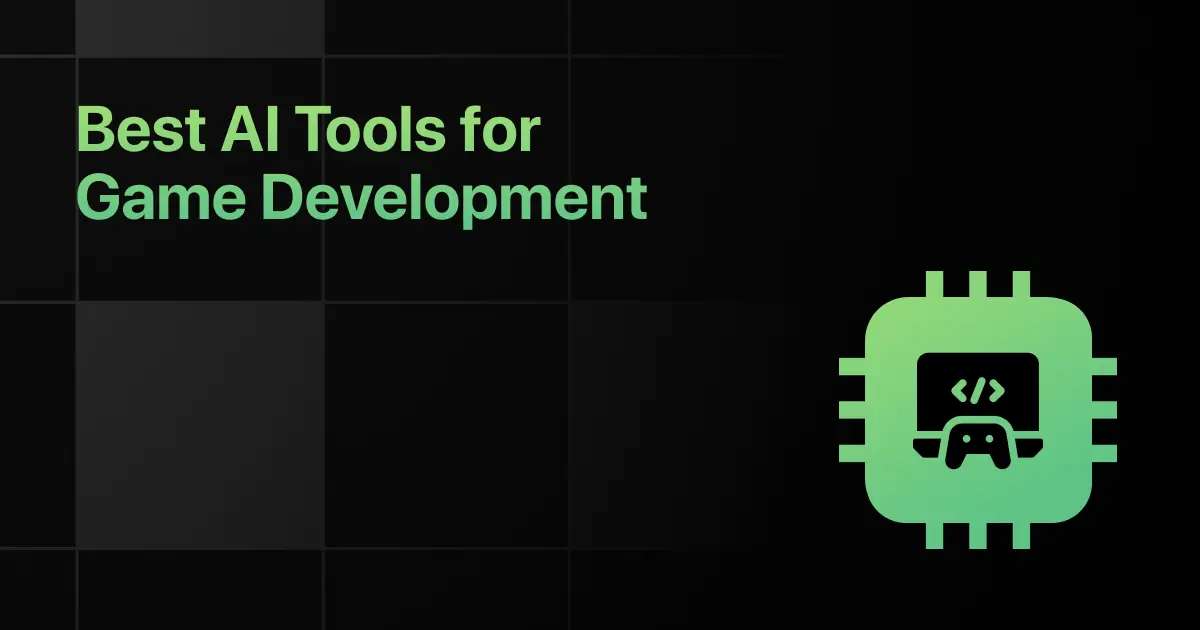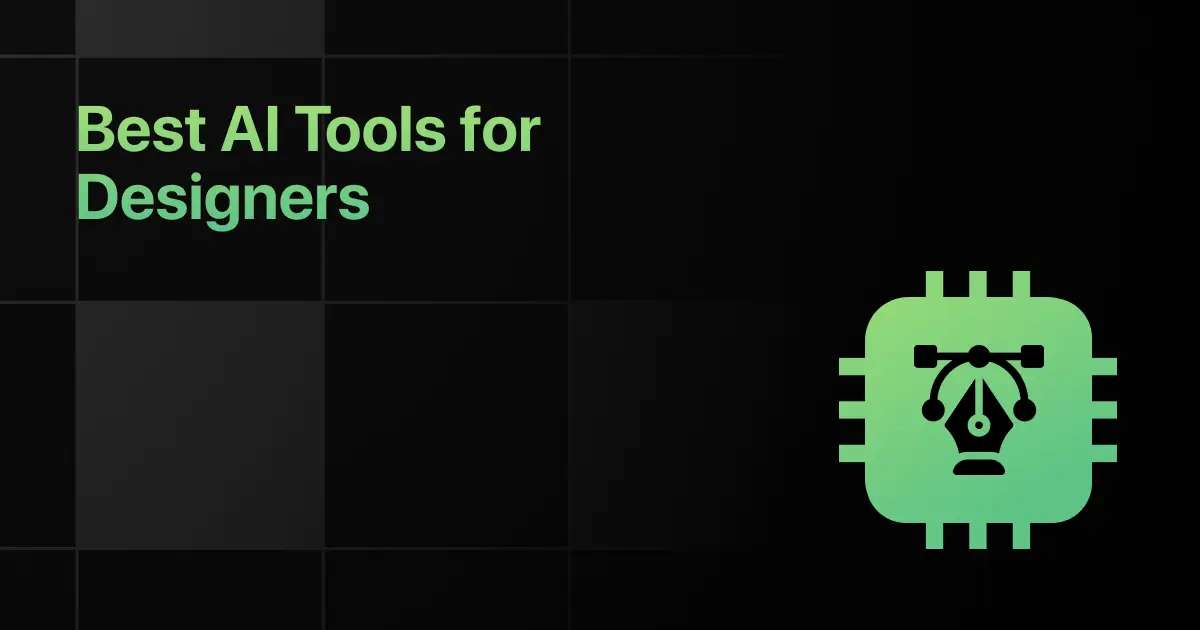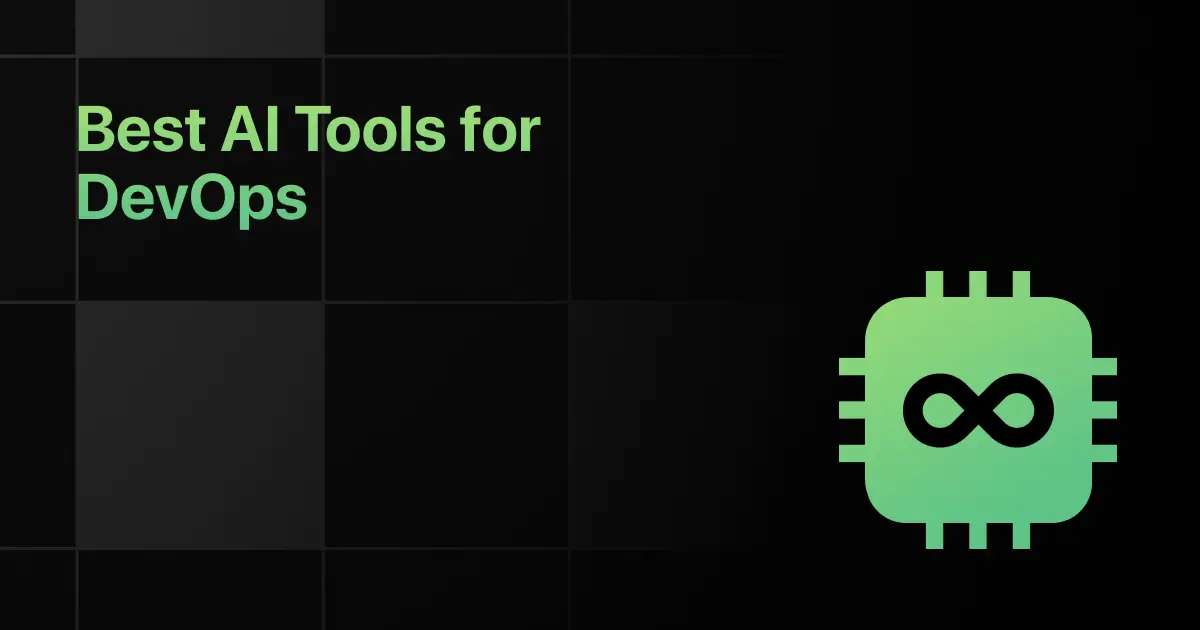C vs Java: Key Differences

When comparing C and Java, it’s important to look at what sets them apart. The discussion about C vs Java is common among programmers deciding which language to use for their projects.
The question of C vs Java which is better? or C vs Java which is best? depends on what you need for your specific project.
In this article, let’s know the differences between C vs Java.
C vs Java: Understanding the Key Differences
When comparing C and Java, it’s crucial to understand the key distinctions that define their usage and capabilities.
One of the most important differences is that C is a statically typed, procedural language that allows for close-to-hardware manipulation, making it ideal for system-level programming. On the other hand, Java is a statically typed, object-oriented language primarily used for application development in networked environments.
The following are other major differences between C and Java:
| S. No. | Parameters | C Programming | Java |
|---|---|---|---|
| 1 | Developed By | Dennis Ritchie at AT&T Bell Labs | James Gosling at Sun Microsystems |
| 2 | Release Year | 1972 | 1995 |
| 3 | Paradigm | Procedural, imperative | Object-oriented, imperative, class-based |
| 4 | Syntax | Lower level, manual control over system resources | Higher level, simplified syntax for readability |
| 5 | Performance | Generally faster due to direct system-level access | Slightly slower, but improving with JIT compilers |
| 6 | Applications and Use Cases | System programming, embedded systems | Enterprise applications, Android apps, web applications |
| 7 | Learning Curve | Steeper due to low-level concepts | Easier with high-level abstraction and safety features |
| 8 | Libraries and Frameworks | Standard libraries focused on I/O and processing | Extensive libraries for GUI, networking, I/O, etc. |
| 9 | Platform Independence | Platform-dependent requires recompilation | Platform-independent via JVM |
| 10 | Concurrency and Multithreading | Limited, manually implemented | Built-in support with synchronized methods and blocks |
| 11 | Tooling and IDE Support | Various IDEs with less integration | Robust IDE support with extensive integration |
| 12 | Memory Management | Manual memory management | Automatic garbage collection |
| 13 | Error Handling | Manual error checks and handling | Exception handling with try-catch blocks |
| 14 | Security | Requires careful management to avoid vulnerabilities | Built-in security features like the Java Security Manager |
| 15 | Scalability | Scalable with careful programming | Highly scalable due to a managed environment |
| 16 | Key Features | Pointers, manual memory, and resource management | Automatic memory management, multi-threading |
| 17 | Integration with Other Technologies | Common in systems where direct hardware manipulation is needed | Widely integrated in web services and enterprise applications |
| 18 | Community and Support | Large, though more niche in modern applications | Vast and active in both open-source and enterprise |
| 19 | Job Opportunities | Predominant in systems engineering, embedded systems | Broad in areas like web services, corporate computing |
| 20 | Future Prospects | Steady in niche areas but overshadowed by newer languages | Continuously growing, especially with ongoing Java development |
C vs Java: Which One to Choose?
Choosing between C and Java can be challenging, but by understanding their distinct advantages, you can make an informed decision.
Choose C If:
- You are aiming for roles such as embedded systems engineer, system software developer, or hardware interface programmer, primarily in industries like telecommunications, embedded systems, and hardware.
- You require minimalistic tools that offer close-to-hardware functionalities, focusing more on direct system manipulation and performance.
- You prioritize a programming language that excels in execution speed, optimized memory usage, and overall system efficiency, especially in systems where resources are limited.
- You seek a language that ensures wide compatibility, from microcontrollers to desktop operating systems, due to its ability to interact directly with hardware and low-level system components.
- You work on projects that require high-performance computing, real-time systems, or the development of compilers and operating systems where direct hardware interaction is crucial.
Choose Java If:
- You aim to work as a backend developer, mobile app developer, or enterprise-level software engineer, particularly in large corporations and tech companies that rely on Java for its robustness.
- You seek a language with comprehensive libraries and frameworks, such as Spring and Hibernate, that is essential for enterprise and Android application development.
- You value a language known for its high execution speed, efficiency, and extensive memory management capabilities, making it ideal for high-load systems and large-scale applications.
- You need a universally compatible language that supports a wide range of platforms from enterprise servers to mobile operating systems through its Java Virtual Machine (JVM).
- You focus on developing large-scale enterprise systems, Android applications, and server-side technologies, where Java’s scalability and reliability are unparalleled.
Final Words
The main difference between C and Java lies in their design and use.
The purpose of understanding the C vs Java difference is to choose the right tool for the job, depending on factors like the project’s size and how easy it is to maintain.
Frequently Asked Questions
1. What are the key differences between C and Java?
The key differences between C and Java are:
- C is procedural, while Java is object-oriented.
- C offers manual memory management, Java has automatic garbage collection.
- C compiles to machine-level code, Java compiles to bytecode that runs on any JVM.
- C has no built-in support for threading, Java supports multithreading within the language.
2. Which is better C or Java? Which one to choose?
The choice between C or Java depends on project requirements. C is suited for system-level programming, and Java for application software.
3. Which is faster, C or Java?
C typically performs faster due to its lower-level language capabilities.
4. What are the primary use cases of C and Java?
C is primarily used in systems programming and embedded systems, Java is used in enterprise applications and Android app development.
5. Which one is easy to learn for Beginners, C or Java?
Java is generally easier to learn due to its more forgiving nature and comprehensive standard libraries.
6. Can C and Java run on different platforms?
Yes, both C and Java can run on different platforms.
7. Can I develop mobile apps using C and Java?
Java is widely used for Android apps, whereas C can be used for performance-critical parts.
8. What are the job prospects for C developers versus Java developers?
Job prospects are strong for both; Java developers have wide opportunities in enterprise and mobile applications, and C developers are sought after in systems and application performance areas.
Explore More C Programming Resources
- C Programming Learning Websites
- C Programming Practice Websites
- C Programming YouTube Channels
- C Programming Project Ideas
- C Programming Apps
- C Programming IDEs
- C Programming MCQ
Explore More Java Resources
- Java Learning Websites
- Java Practice Websites
- Java YouTube Channels
- Java Project Ideas
- Java Apps
- Java IDEs
- Java MCQ
Explore More Comparisons
Related Posts


Best AI Tools for Game Development [Free + Paid]
Ever feel stuck staring at things , not knowing what to do next? You're not alone. Game development can be …










